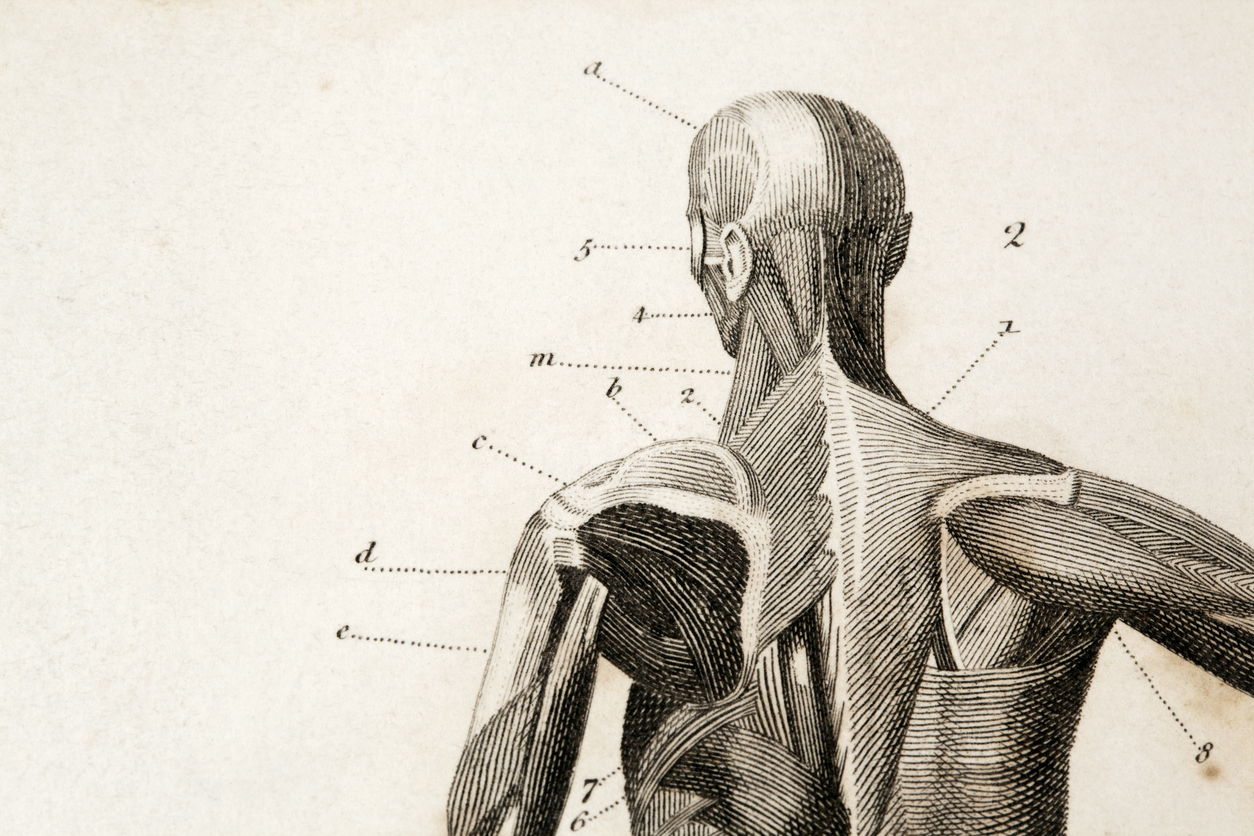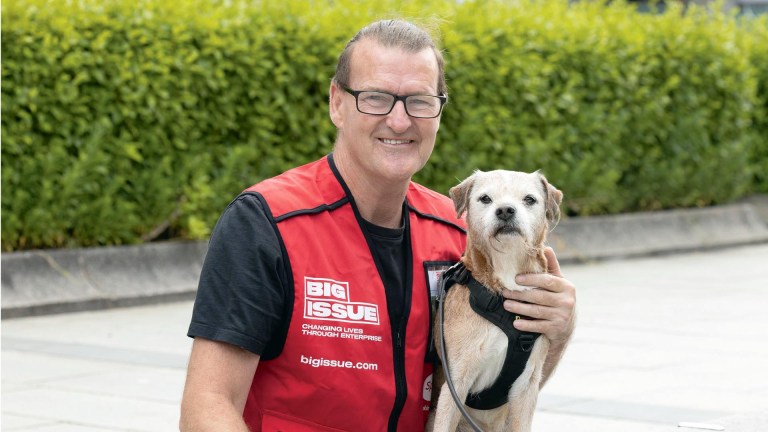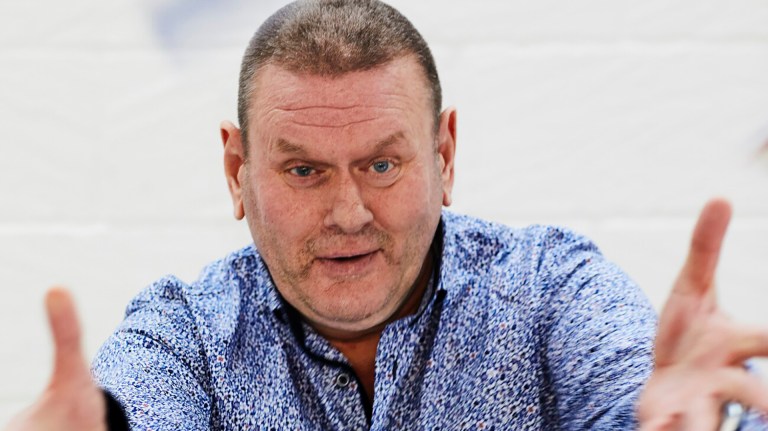What if someone said to you, you could give one thing, at no cost or detriment to you that could affect the lives of around 10 million patients? Would you say ‘where do I sign?’ Would you say, ‘tell me more’? Or would you say, ‘no thanks’?
We all visit our doctor, dentist, nurse, physiotherapist and expect them to know all about our body, in sickness and in health. But how did they learn this? There are many methods of teaching anatomy including some fantastic virtual reality. However, the real experience remains the most valuable in enabling learning. This is where the role of the silent teacher comes in. Silent teachers are the donors who generously bequeath their bodies to a medical school for others to learn from.
Sadly though, death is one certainty in life.
Each year in the UK around 1,300 donated bodies are accepted by medical schools but due to things like outbreaks of illness or extreme weather we can see fluctuations in numbers. These donors are studied by medical and health professional students to understand the arrangement of the human body and the more bodies we have, the more students will benefit. We are all unique and while a text book or virtual app can show the pattern of muscles, nerves, arteries and veins, the reality is this map is slightly different in all of us. This real-life learning experience is so important in enabling doctors and healthcare professionals to deliver high-quality diagnosis and treatment.
Clearly describing what happens to a body once it has been donated is a little too much for here, you may be eating your lunch! In short, a donor may be studied by medical students to learn about the body as they cut it open and examine it, tracing nerves and arteries. Or the donor may be used by a range of experts such as surgeons, cardiologists, radiologists or paramedics to develop and practise their skills. This may be in becoming better at performing an operation or it may be in developing a new procedure or treatment.
Body donation is different to organ donation. In the UK you have to be over 18 and of sound mind to donate your body. You can donate it by contacting your local medical school – details can be found on a postcode search of the Human Tissue Authority website (hta.gov.uk). You may also donate your body in your will. However, with concerns over consent, the preferred way is through specific forms provided by the medical school. You can decide if your body is retained indefinitely or for three years, and you can state if the medical school may retain parts of your body.
Your relatives at the time of your death can also decide if they want to be notified when the medical school has finished with your body, if they want the medical school to arrange cremation (at the expense of the medical school) or if they want to arrange their own funeral. Such choices are really important for families as the donation of a loved one does affect the ‘normal’ procedure after a death, for example there may not be a funeral, although some families have a funeral with no coffin. Others wait until the donor has been released by the medical school and attend the cremation ceremony.










